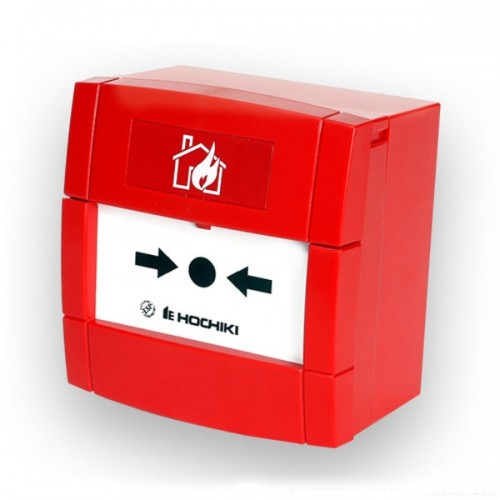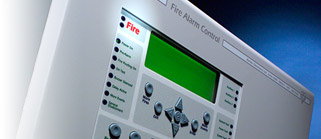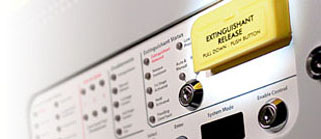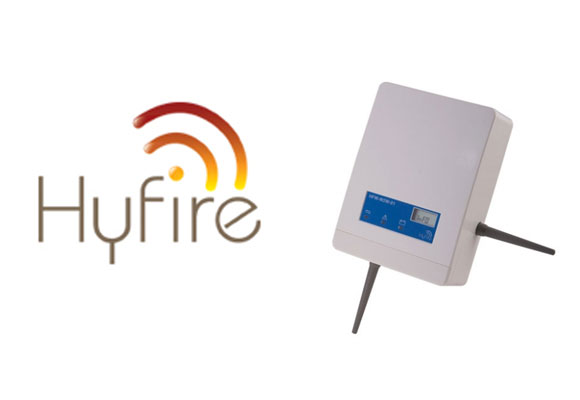Fire Detection & Prevention
Crimewatch Alarms Ltd. is a BAFE certificated firm for SP203-1 in design, installation, commissioning,
handover and maintenance of fire detection and alarm systems.
Fire Alarm Systems
We have over thirty years experience in fire detection and prevention and our friendly experienced engineers are fully trained to the relevant standards.
We offer design, installation and maintenance on all types of systems. In addition we operate a 24 hour call out service.
There are 2 main types of fire alarm systems, Analogue-Addressable and Conventional.
Analogue-addressable fire alarm systems offer more information about the system, in comparison conventional systems only
show general information about a fault, circuit or zone. We can recommend the type of system which may be most appropriate for you.
If you require any further information about our systems, or require any help choosing a system, contact us and we will be happy to
help.
Below you can find more detailed information:
Analogue-Addressable
Analogue-Addressable Systems are generally more suited to larger buildings because the LCD display will show the precise
location of a fire. This means it can be located and extinguished more quickly,
better protecting life and property.
Uniquely set-up to meet your needs there are many benefits of this type of system:
- Emergency services can locate a fire more quickly due to the system displaying location via LCD display.
- Identification – each device is uniquely identified and monitored for fire, fault and contamination.
- Minimize false alarms – wiring faults such as open circuits or short circuits do not cause false alarms.
- Adjustable sensitivity – each detector can be adjusted to suit the environment.
- Event log – the system contains a log of previous and current events.
- Overall this type of system has more flexibility and intelligence.
Conventional
Conventional Systems are more suited to smaller premises such as small residential blocks, shops and restaurants. This is
because it is possible to divide the building into much smaller *zones.
Conventional Systems tend to be slightly cheaper than Analogue-Addressable as they are more basic.
Ideal for smaller buildings this system has benefits such as:
- Cost – Conventional Systems tend to be cheaper.
- Identification – circuits are divided into zones to enable location of a fire.
- Indication – fault and fire indication via LED Display on panel.
- Adjustable sensitivity – each detector can be adjusted to suit the environment.
- Overall this type of system is cheaper and ideal for smaller premises.
Wireless Systems
A wireless system is an appealing option as although the components of the system are more expensive than hard-wired systems,
the costs of installation is a lot less. It gives the same protection as a wired fire alarm system and with no cables to
worry about, installation is fast and there is less disruption to the building.
Our wireless systems are available with the same properties as our Analogue-Addressable systems as we use the same
fire alarm panels but with wireless components to be installed for the system.
Having a wireless system has it’s benefits:
- Cost – installation costs are greatly reduced as no cable is required for devices.
- Fast – installation is quick and hassle-free.
- Flexibility – devices can be moved or added with ease.
- Temporary – wireless systems can also offer temporary detection on site or for temporary premises.
- Analogue-Addressable – our wireless systems have the same benefits of our Analogue-Addressable Systems.
*Zones: Each detector circuit is wired to a specific area. Each area is then given a zone number e.g Zone 1, Zone 2. In the event of a fire a RED LED will indicate a zone number on the fire panel which can be cross referenced with a zone list, positioned beside to the fire panel e.g Zone 1 – Ground Floor, Zone 2 – First Floor.
















